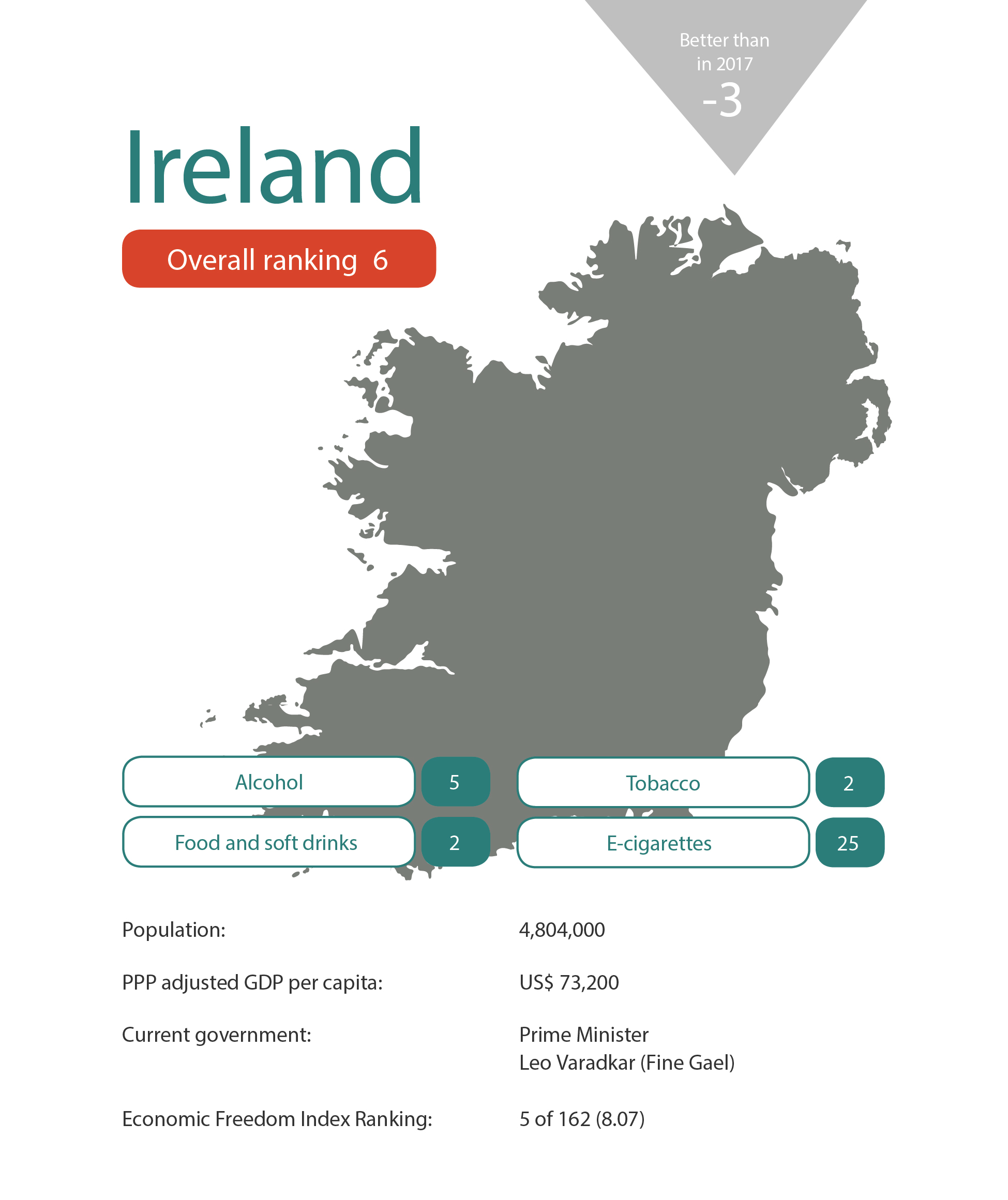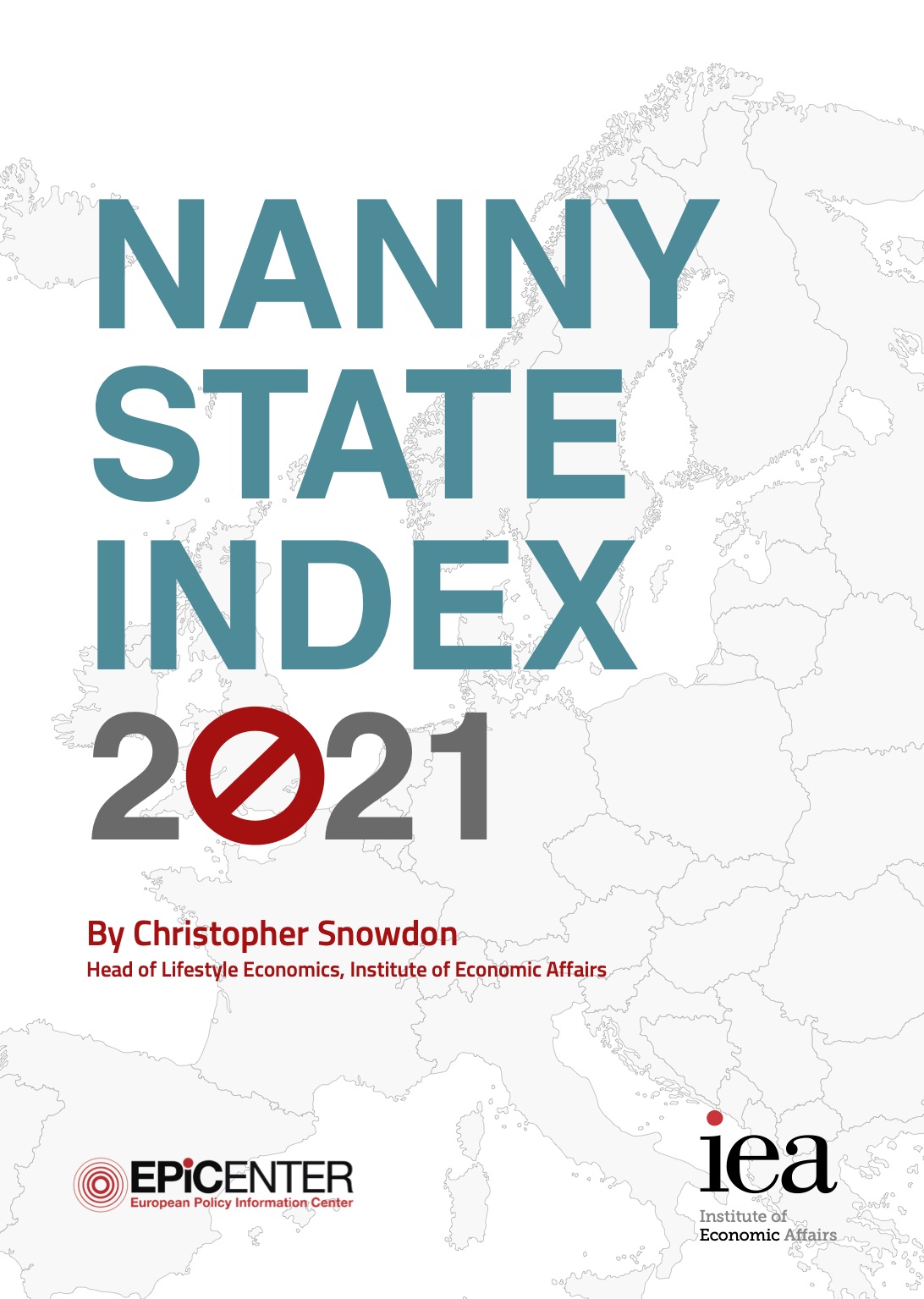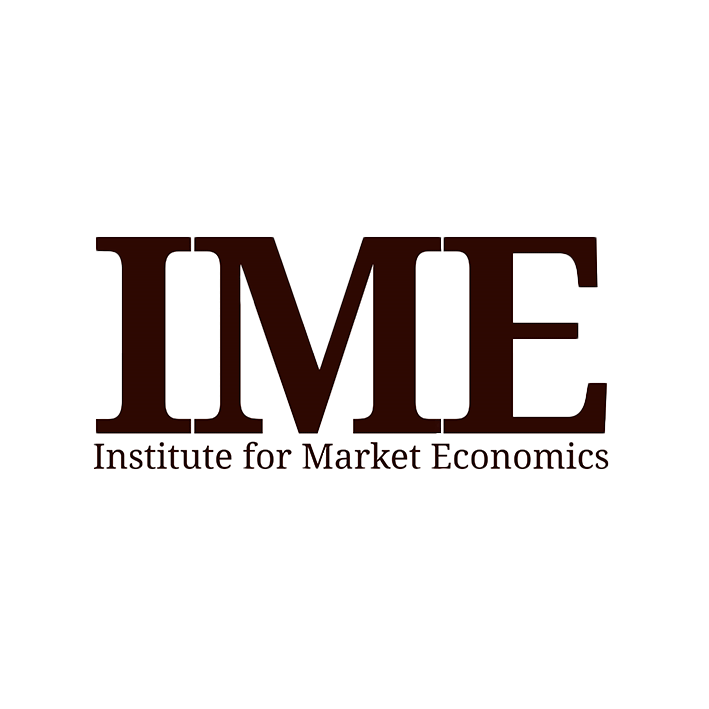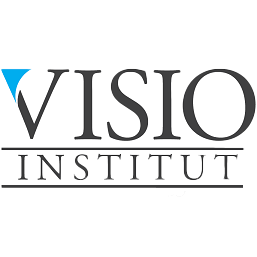
Irish politicians pride themselves on being at the forefront of ‘public health’ paternalism. Ireland became the first country to introduce a full smoking ban in 2004 and it was the first European country to pass legislation for plain packaging of tobacco in 2015. In recent years it has concentrated on alcohol and the next step is to interfere in people’s diets.
After three years of negotiations, the Public Health (Alcohol Bill) was passed in October 2018 and is expected to come into effect on 12 November 2019. The law contains a range of neo-temperance policies similar to those seen in some Eastern European countries. They include an extensive advertising ban combined with heavy restrictions on advertising content which limits ads to basic, factual information about the product. There will be a display ban of sorts with grocery shops required to conceal alcoholic beverages behind a screen or curtain. There will also be mandatory cancer warnings on alcohol packaging which could see Ireland coming into conflict with the EU, given that the European Commission says this could violate EU law.[1] Worst of all for drinkers, a minimum unit price of €1 per Irish unit (€0.80 per UK unit) will also be introduced.
None of this has happened yet, but Ireland already has a host of other nanny state policies for food, tobacco and alcohol, and can boast some of the world’s highest sin taxes. It has the highest rate of wine duty, the second highest rate of beer duty and the third highest rate of spirits duty, although they appear more affordable when adjusted for Ireland’s suspiciously high GDP. Ireland’s tax on sparkling wine is by far the highest in the EU, at €8.50 per litre, and only Britain can rival its huge tobacco taxes. A ban on smoking in cars if a person under the age of 18 is present came into effect on 1st January 2016 with a potential fine of €100.
Ireland introduced a tax on sugary drinks in May 2018, one month after the UK did the same. As in the UK, the tax is two-tiered with a rate of €0.30 per litre for drinks that have more than 8 grams of sugar per 100ml and €0.20 per litre for drinks that have between 5 and 8 grams per 100ml. Recently, a high-profile senator for the governing party called for a broad-reaching ‘sugar bill’ developed along the same lines as the aforementioned Public Health (Alcohol) Bill but aimed at food.
Advertising and sponsorship of food deemed to be high in fat, sugar and/or salt is already banned during television and radio programmes that are mostly watched by people under the age of 18. Such commercials cannot make up more than 25 per cent of advertising time during the rest of the day. Spirits cannot be advertised on TV or radio at all.
Although the Irish government has not endorsed the use of e-cigarettes, it has not gone out of its way to deter smokers from switching to them. E-cigarettes can be advertised within the confines of EU law, there is no tax on vape juice and e-cigarettes can be used everywhere except on public transport. Cross-border sales are legal.
[1] https://www.irishtimes.com/news/politics/european-commission-criticises-parts-of-alcohol-health-warning-plan-1.3481940
About
The Nanny State Index (NSI) is a league table of the worst places in Europe to eat, drink, smoke and vape. The initiative was launched in March 2016 and was a media hit right across Europe. It is masterminded and led by IEA’s Christopher Snowdon with partners from all over Europe.
Enquiries: info@epicenternetwork.eu
Download Publication

Previous version: 2019
Categories
About the Editor
Christopher Snowdon is the head of Lifestyle Economics at the Institute of Economic Affairs. His research focuses on lifestyle freedoms, prohibition and policy-based evidence. He is a regular contributor to the Spectator, Telegraph and Spiked and often appears on TV and radio discussing social and economic issues.
Snowdon’s work encompasses a diverse range of topics including ‘sin taxes’, state funding of charities, happiness economics, ‘public health’ regulation, gambling and the black market. Recent publications include ‘Drinking, Fast and Slow’, ‘The Proof of the Pudding: Denmark’s Fat Tax Fiasco’, ‘A Safer Bet’, and ‘You Had One Job’. He is also the author of ‘Killjoys’ (2017), ‘Selfishness, Greed and Capitalism’ (2015), ‘The Art of Suppression’ (2011), ‘The Spirit Level Delusion’ (2010), ‘Velvet Glove, Iron Fist’ (2009).
Ireland 2019

Irish politicians pride themselves on being at the forefront of ‘public health’ paternalism. Ireland became the first country to introduce a full smoking ban in 2004 and it was the first European country to pass legislation for plain packaging of tobacco in 2015. In recent years it has concentrated on alcohol and the next step is to interfere in people’s diets.
After three years of negotiations, the Public Health (Alcohol Bill) was passed in October 2018 and is expected to come into effect on 12 November 2019. The law contains a range of neo-temperance policies similar to those seen in some Eastern European countries. They include an extensive advertising ban combined with heavy restrictions on advertising content which limits ads to basic, factual information about the product. There will be a display ban of sorts with grocery shops required to conceal alcoholic beverages behind a screen or curtain. There will also be mandatory cancer warnings on alcohol packaging which could see Ireland coming into conflict with the EU, given that the European Commission says this could violate EU law.[1] Worst of all for drinkers, a minimum unit price of €1 per Irish unit (€0.80 per UK unit) will also be introduced.
None of this has happened yet, but Ireland already has a host of other nanny state policies for food, tobacco and alcohol, and can boast some of the world’s highest sin taxes. It has the highest rate of wine duty, the second highest rate of beer duty and the third highest rate of spirits duty, although they appear more affordable when adjusted for Ireland’s suspiciously high GDP. Ireland’s tax on sparkling wine is by far the highest in the EU, at €8.50 per litre, and only Britain can rival its huge tobacco taxes. A ban on smoking in cars if a person under the age of 18 is present came into effect on 1st January 2016 with a potential fine of €100.
Ireland introduced a tax on sugary drinks in May 2018, one month after the UK did the same. As in the UK, the tax is two-tiered with a rate of €0.30 per litre for drinks that have more than 8 grams of sugar per 100ml and €0.20 per litre for drinks that have between 5 and 8 grams per 100ml. Recently, a high-profile senator for the governing party called for a broad-reaching ‘sugar bill’ developed along the same lines as the aforementioned Public Health (Alcohol) Bill but aimed at food.
Advertising and sponsorship of food deemed to be high in fat, sugar and/or salt is already banned during television and radio programmes that are mostly watched by people under the age of 18. Such commercials cannot make up more than 25 per cent of advertising time during the rest of the day. Spirits cannot be advertised on TV or radio at all.
Although the Irish government has not endorsed the use of e-cigarettes, it has not gone out of its way to deter smokers from switching to them. E-cigarettes can be advertised within the confines of EU law, there is no tax on vape juice and e-cigarettes can be used everywhere except on public transport. Cross-border sales are legal.
[1] https://www.irishtimes.com/news/politics/european-commission-criticises-parts-of-alcohol-health-warning-plan-1.3481940

 Austria
Austria Belgium
Belgium Bulgaria
Bulgaria Croatia
Croatia Cyprus
Cyprus Czech Republic
Czech Republic Denmark
Denmark Estonia
Estonia Finland
Finland France
France Germany
Germany Greece
Greece Hungary
Hungary Ireland
Ireland Italy
Italy Latvia
Latvia Lithuania
Lithuania Luxembourg
Luxembourg Malta
Malta Netherlands
Netherlands Norway
Norway Poland
Poland Portugal
Portugal Romania
Romania Slovakia
Slovakia Slovenia
Slovenia Spain
Spain Sweden
Sweden Turkey
Turkey United Kingdom
United Kingdom


















